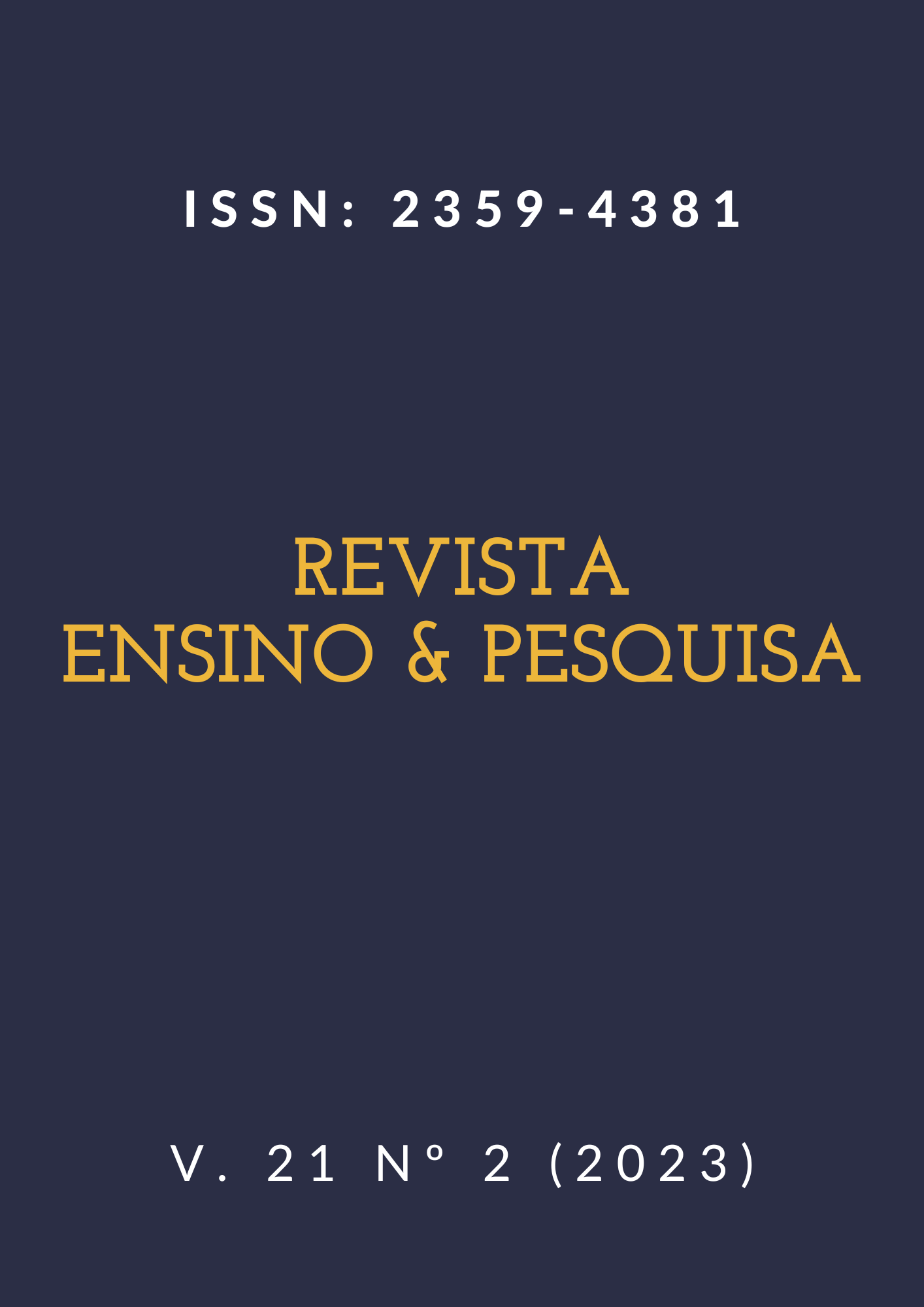Theoretical bases and preliminary reflections on democracy and educational management
DOI:
https://doi.org/10.33871/23594381.2023.21.2.7175Abstract
This essay aims to present a review of the democratic management model used in education, approaching its relations in human formation. The proposed investigation had as general objective to investigate the main characteristics of the democratic model of management and its implications for the pedagogical process in the formation of the human being, with a focus on educational management and organization, using Professional and Technological Education as an example. Methodologically, this essay is characterized as a bibliographic review research, with a qualitative approach of a reflexive descriptive character, based on authors such as Ana (2018), Bastos (2012), Libâneo (2015) and Saviani (2012). The historical, social and legal developments for the effectiveness of democratic management in the educational context are discussed. From these surveys, it was possible to show that the management of democratic schools includes active social actors, such as managers, teachers, students, parents and the local community; jointly encompassing political, cultural and economic discussions. It can be understood that decisions or referrals related to education must be comprehensive, with legal knowledge of shared responsibility between federative entities (union, states and municipalities), and these should not be restricted to a few people. Through the research, the fundamental role of pedagogical leadership for democratic school management became evident, so that it can positively influence school performance and ensure effective administrative management for the accomplishment of good academic work in the various dimensions of education. It is concluded that the consolidation of democratic participation mechanisms, aiming at the benefit of social and collective development, becomes essential for an effective democratic educational management.

